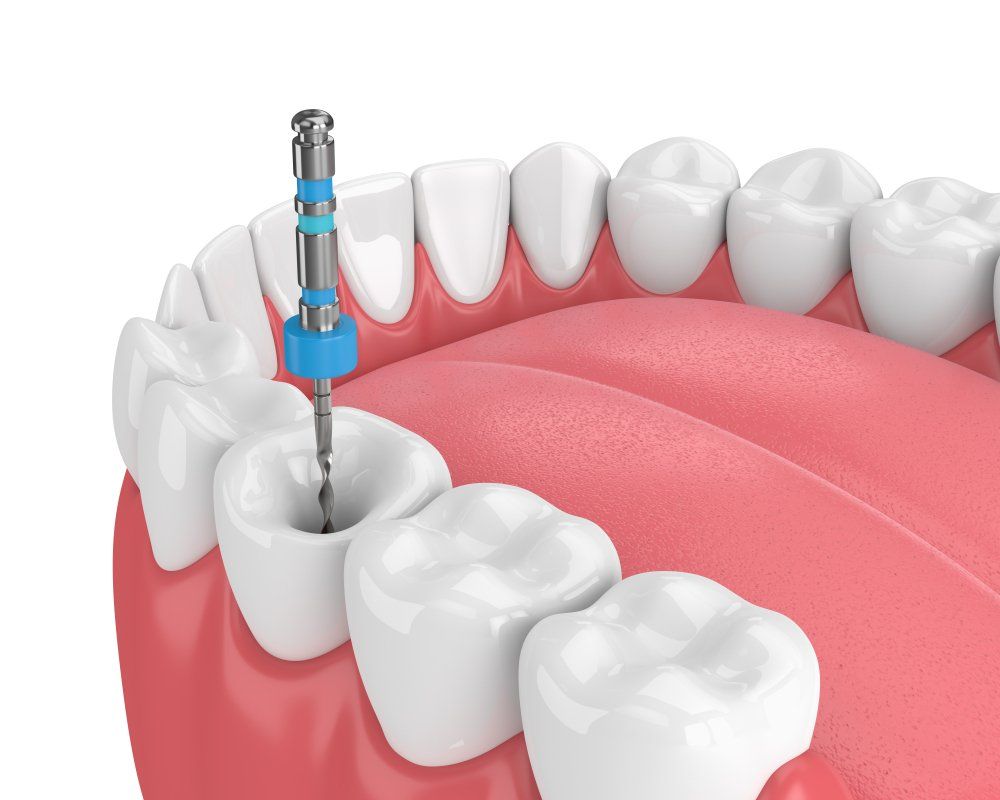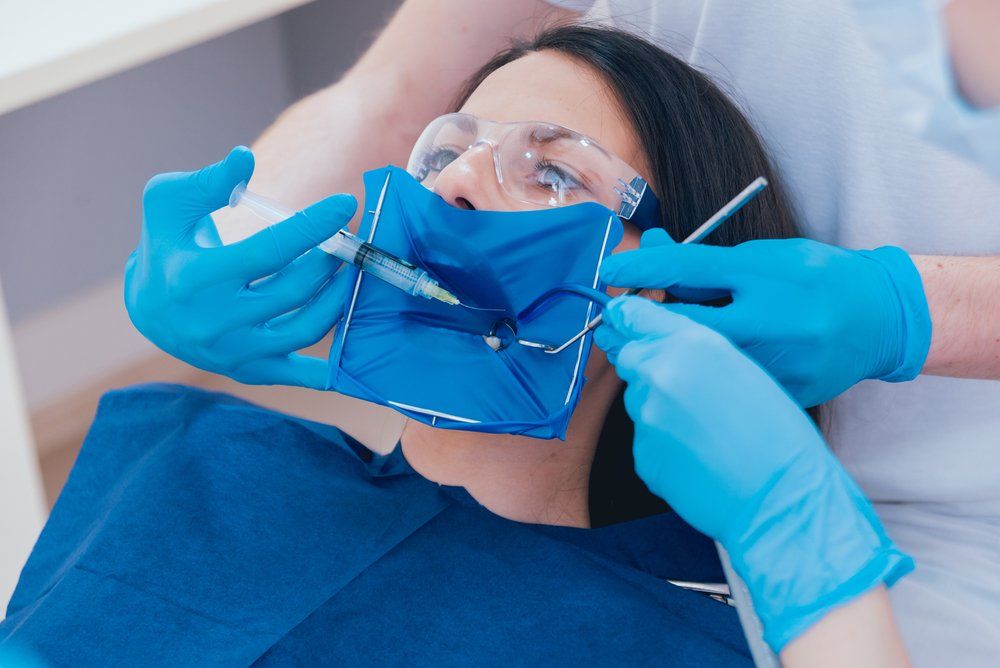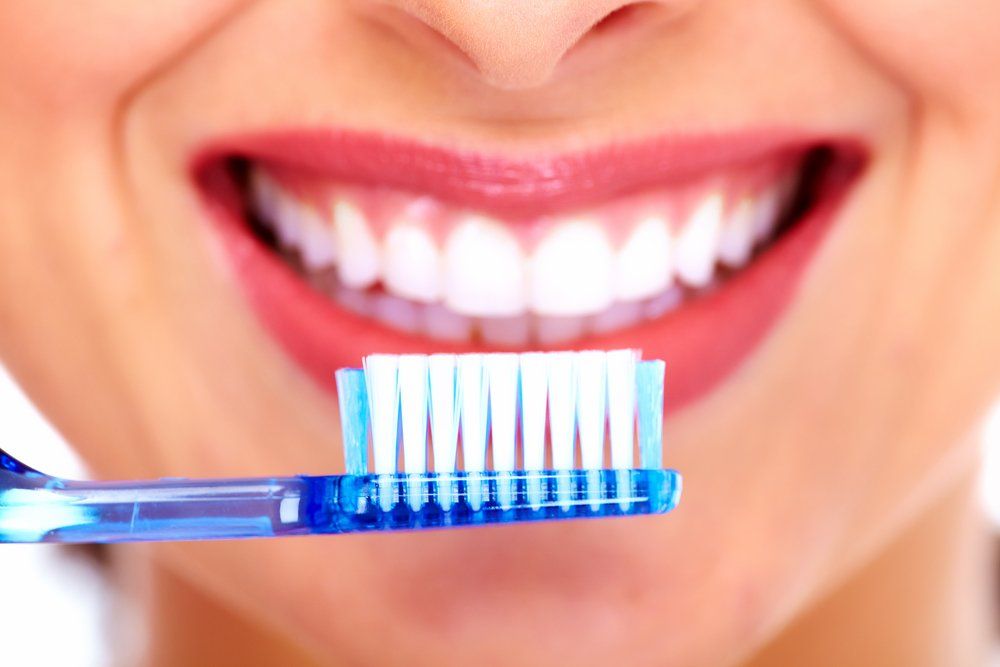We Perform Root Canal Treatment in Cairns
- Comprehensive Dental Care
- Gentle & Family-Friendly Approach
- Advanced Technology & Preventative Focus
- Pay Later Options Available
Request a Callback
What is Endodontic Therapy?
Endodontic Therapy, also known as root canal treatment, is a highly successful procedure that can save badly damaged teeth from extraction. Millions of dental patients benefit from root canal treatment every year.
Badly decayed, broken or traumatised teeth can develop infection or inflammation of the pulp, or ‘nerve,’ causing pain and sensitivity. In order to treat the pain, the infection must be removed. This is achieved either by the removal of the tooth or the removal of the infected pulp via endodontic treatment.
A root canal is the process of cleaning and removing the infected pulp and dressing with sedative medicaments to remove all infection present. The root canals are filled with a composite filling material and sometimes later treated with a crown.
If you think you may need root canal treatment, please contact your dentist as soon as possible. Early treatment will improve the chances of saving your tooth and preventing further damage. Reach out to our team at The Dentist Cairns Dental Group to learn more.
The Procedure—What to Expect
The first step of root canal therapy is to numb the area around the tooth to be treated. This will ensure that you are comfortable throughout the procedure.
Next, your dentist will create an opening in the tooth so that they can access the infected pulp. Once the pulp is reached, it will be removed along with any bacteria. The root canal will then be cleaned and disinfected.
A rubber-like material, called gutta-percha, will be used to fill the root canal. This helps to seal the tooth and prevent bacteria from re-entering. In some cases, a
crown may also be placed on the tooth to protect it from further damage.
Frequently Asked Questions
Recovery & Aftercare
Root canal therapy is generally a very successful procedure. However, it is essential to take care of your tooth following treatment. This includes brushing and flossing regularly, as well as visiting your dentist for regular checkups. Maintaining high oral hygiene standards will help ensure that your tooth lasts for many years.
If you have any pain or discomfort following root canal therapy, please contact your dentist as soon as possible. They will be able to provide you with the necessary advice and treatment.


















